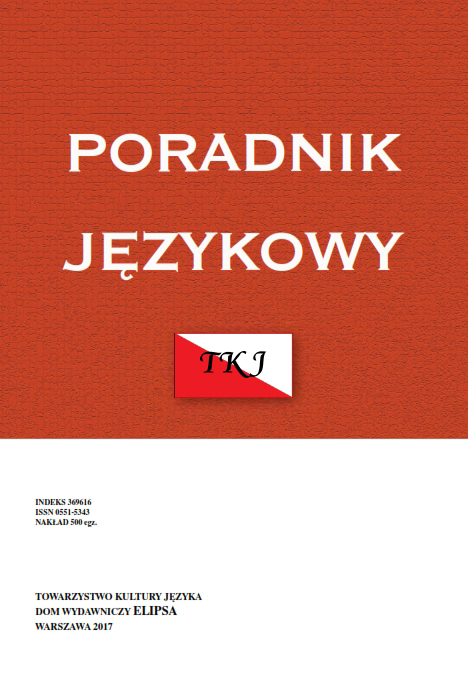NOWE FORMY REHABILITACJI NEUROLOGOPEDYCZNEJ JAKO ODPOWIEDŹ NA NOWE FORMY FARMAKOTERAPII W CHOROBIE ALZHEIMERA
New forms of speech-language pathology therapy as a response to new forms of pharmacotherapy in Alzheimer’s disease
Author(s): Ewa WolańskaSubject(s): Language studies, Health and medicine and law
Published by: Dom Wydawniczy ELIPSA
Keywords: speech-language pathology; Alzheimer’s disease
Summary/Abstract: Alzheimer’s disease (AD) is one of neurodegenerative diseases causing progressive and irreversible loss of neurons in various regions of the brain. It is characterised by memory defi cits and disorders such as aphasia, apraxia, and agnosia. Cognitive impairment results in deteriorated functioning of the patient with respect to the initial condition to the extent debilitating their everyday functioning. The paper presents the initial results of the research on new types of medications used to treat AD. If, after completing clinical trials, it proves that the new substances stop or signifi cantly slow the progression of neurodegeneration, physical therapists or various specialties, including speech-language pathologists, will deal with a completely new task. This is because in the face of an extremely diffi cult therapeutic situation, resulting from unfavourable prognosis in AD, the patient’s frequent demotivation, etc., they have endeavoured only to stabilise the patient’s cognitive functions and communication capabilities to this date. Now in turn the therapy’s aim will be to enable the patient to regain a relative independence through stimulation of the natural reconstruction of the damaged functions and teaching the patient how to compensate for the defi cits which prove permanent.
Journal: Poradnik Językowy
- Issue Year: 2017
- Issue No: 06
- Page Range: 39-52
- Page Count: 14
- Language: Polish
- Content File-PDF

